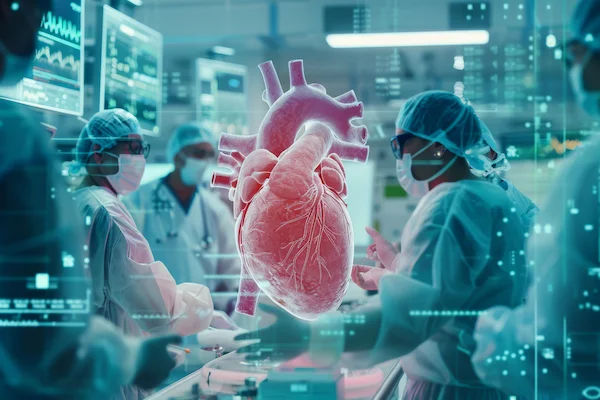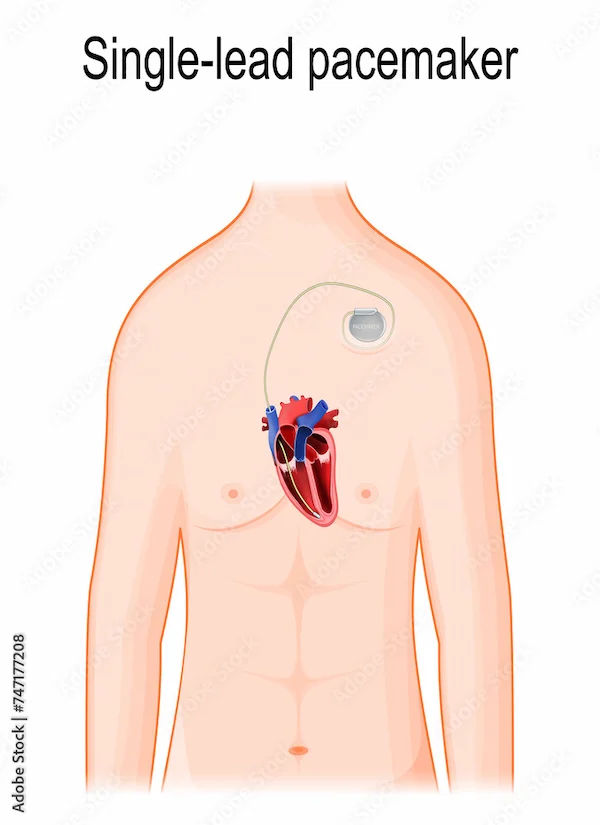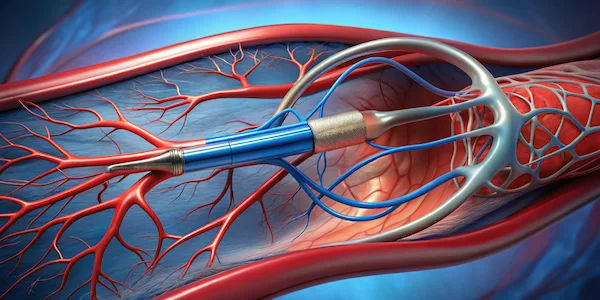- Male
- 60 Years
- 14/08/2025
My dad has artery blockages and we're really confused between angioplasty and bypass surgery - which one would be better for his condition? The doctors gave us both options but we're not sure what to go with
More Cardiology Health Queries
View allI'm really worried about my dad. He's had a stroke and a bypass in the past, and his heart rate usually hangs around 55 to 60. I've heard about Chymoral AP and Myoril for his lower back pain, but I'm concerned if it's safe for him to take because of his heart condition. Could you please guide me on this?
Chymoral AP and Myoril can be risky for your father due to his history of stroke and bypass surgery, as well as his low heart rate. Chymoral AP contains Trypsin, Chymotrypsin, and Paracetamol which can increase the risk of bleeding, especially in patients with a history of stroke. Myoril contains Thiocolchicoside which can cause muscle weakness and dizziness, potentially increasing the risk of falls in someone with a history of stroke. Given his low heart rate, both medications can further lower the heart rate and blood pressure, leading to complications. It is important to consult with his healthcare provider to find a safer alternative for his lower back pain.
Answered by 1 Apollo Doctors
I'm a 34-year-old who doesn't smoke or drink, and I've recently found out my triglycerides level is at 367. My doctor suggested I start taking Tonact TG, but I'm worried if this medication might cause my blood sugar levels to rise. Can you let me know if I should be concerned about this?
Tonact TG contains Atorvastatin and Fenofibrate which are commonly used to lower triglyceride levels. Atorvastatin may slightly increase blood sugar levels in some individuals, but this effect is usually minimal. It is important to monitor your blood sugar levels regularly while taking Tonact TG. The usual dosage for Tonact TG is 1 tablet once daily, preferably at night. Make sure to follow your doctor's instructions and maintain a healthy lifestyle to manage your triglyceride levels effectively.
Answered by 1 Apollo Doctors
I had bypass surgery 7 years ago but now I'm having chest pain again could it be related to my past surgery or something new happening? What should I do about it?
Chest pain after bypass surgery, even years later, can be a cause for concern and warrants medical evaluation. It could be related to the surgery, such as graft narrowing, or due to new heart issues. Don't ignore the pain; consult your doctor immediately to determine the cause and appropriate treatment.
Answered by 1 Apollo Doctors
Disclaimer: Answers on Apollo 247 are not intended to replace your doctor advice. Always seek help of a professional doctor in case of an medical emergency or ailment.






